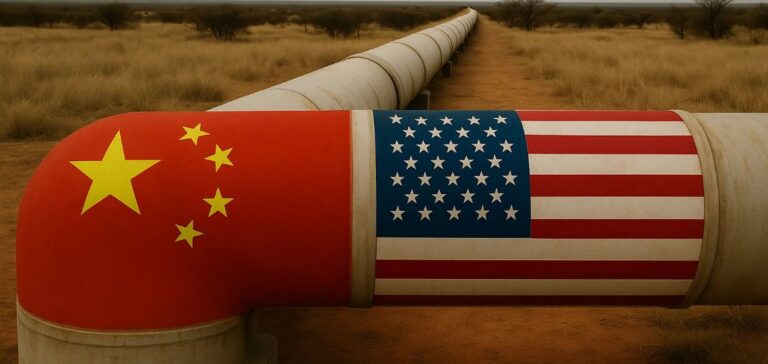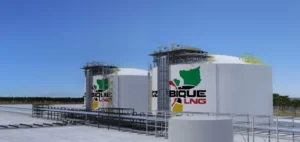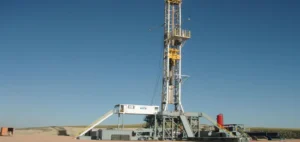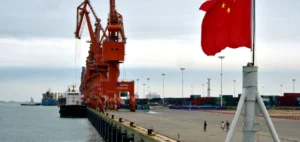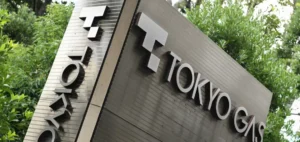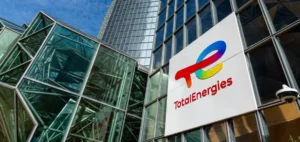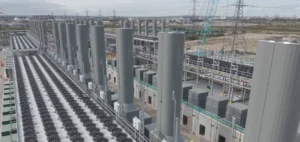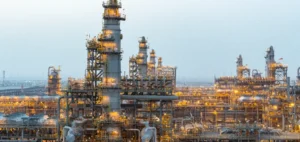Amid global energy market uncertainty, major Chinese companies are shifting toward an innovative pricing strategy for liquefied natural gas (LNG). These firms are opting for the U.S. benchmark price at the Henry Hub in Louisiana, seeking to diversify their long-term contracts with American trading partners. This move comes in a context where China has imposed a 15% tariff since February 2025 on LNG imported from the United States. Despite this restrictive trade environment, these new contracts highlight a desire to secure price stability for several years.
Major Contracts and Financial Terms
Recently, Guangdong Pearl River Investment Management Group (GPRIMG) finalized a 15-year agreement with ConocoPhillips. This contract includes annual deliveries of 300,000 metric tons of LNG starting in 2028, priced at 121% of the Henry Hub benchmark plus a fixed premium of approximately $4.5 per million British thermal units (MMBtu). Concurrently, Guangzhou Gas Group signed another five-year agreement with Mercuria Energy Trading. Starting in 2026, this contract will initially be indexed to the Japan Korea Marker (JKM), an Asian benchmark, switching from the second year onwards to the Henry Hub.
These agreements emerge as China, initially one of the world’s largest buyers of U.S. LNG, had ceased direct imports due to tariff barriers introduced earlier this year. Several major Chinese firms had thus begun reselling their American LNG cargoes to Europe, circumventing additional costs linked to the tariffs. Within this context, the recent signing of contracts directly tied to the Henry Hub represents a distinct strategy aimed at cautiously reintegrating trade with the United States.
Potential Impacts on the Global LNG Market
The partial shift by Chinese contracts toward an American price index could significantly influence international energy trading practices. Historically, Asian LNG contracts have been predominantly indexed to crude oil, providing a degree of stability related to petroleum markets. Diversifying to a purely gas-based reference such as the Henry Hub marks a significant evolution in Asian market contract practices, highlighting a deep structural change in pricing preferences.
Moreover, this choice could impact the competitiveness of other global LNG producers, notably Russia, Australia, and Qatar, who traditionally supply the Chinese market. These producers may now need to adjust their pricing strategies to remain competitive against this new American benchmark. This situation underscores a substantial shift in commercial dynamics, potentially paving the way for increased competition among major global exporters.


